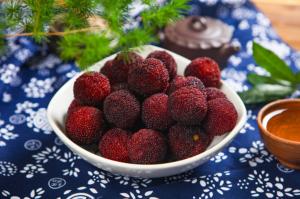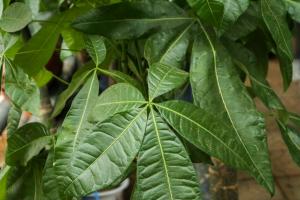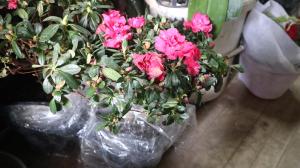Can We Use Water Soluble Fertilizer on Hibiscus Plants?
Hibiscus plants are beautiful flowering shrubs that bloom in a wide range of colors, from vibrant red to soft pink to bright yellow. As with any plant, the key to keeping hibiscus healthy and blooming is providing proper nutrients. While there are many fertilizers on the market, many gardeners wonder if water soluble fertilizer is appropriate for their hibiscus plants. In this article, we will explore the advantages and disadvantages of using water soluble fertilizer on hibiscus plants.
Advantages of Water Soluble Fertilizer for Hibiscus Plants
Water soluble fertilizer is an excellent choice for hibiscus plants because it is quickly absorbed through the roots and leaves of the plant, making it readily available to the plant. This type of fertilizer contains all the essential nutrients that hibiscus plants require, including nitrogen, phosphorous, and potassium. Additionally, it is easy to use and can be mixed with water, making it an excellent choice for gardeners who want to ensure that their plants receive consistent nutrients.
Disadvantages of Water Soluble Fertilizer for Hibiscus Plants
While water soluble fertilizer is beneficial for hibiscus plants, there are some disadvantages to using it. One of the main drawbacks is that it tends to wash away quickly, particularly during heavy rainfall or excessive watering. As a result, it may not be as effective as other types of fertilizer in maintaining a consistent nutrient supply. Additionally, water soluble fertilizer can be easily over-applied, which can lead to fertilizer burn or other plant health issues.
Tips for Using Water Soluble Fertilizer on Hibiscus Plants
If you decide to use water soluble fertilizer on your hibiscus plants, there are a few tips and tricks to ensure that it is effective and doesn't cause any damage to your plants:
Apply the fertilizer early in the morning or late in the evening when the temperature is cooler.
Use the recommended amount of fertilizer as indicated on the package or by your local extension office.
Water the plant before and after applying fertilizer to prevent it from washing away too quickly.
Avoid getting fertilizer on the leaves or blooms, as this can cause damage to the plant.
Use a balanced fertilizer, such as a 10-10-10 or 20-20-20 formula, to ensure that your plant receives all the necessary nutrients.
Don't over-fertilize, as this can cause fertilizer burn and other health issues for the plant.
Conclusion
In conclusion, water soluble fertilizer is an excellent choice for hibiscus plants, as it provides essential nutrients that are quickly absorbed by the plant. However, it is essential to use it correctly to avoid over-application and ensure that your plant receives a consistent supply of nutrients. If you are unsure whether water soluble fertilizer is appropriate for your hibiscus plants, consult with your local extension office or a gardening expert for guidance.

 how many times do yo...
how many times do yo... how many planted tre...
how many planted tre... how many pine trees ...
how many pine trees ... how many pecan trees...
how many pecan trees... how many plants comp...
how many plants comp... how many plants can ...
how many plants can ... how many plants and ...
how many plants and ... how many pepper plan...
how many pepper plan...






























